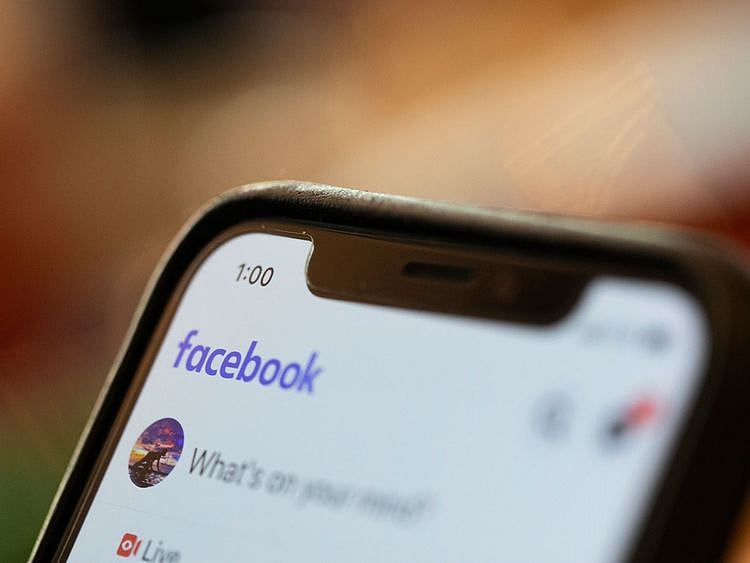Facebook to pay $40mn for inflating data on video ads
Company said it discovered the issue only a month before going public with it

San Francisco: Facebook will pay $40 million to settle a class-action lawsuit for incorrectly calculating average viewing time for video ads on its platform.
Advertisers sued the social networking platform for overstating video-viewing metrics over an 18-month period from 2015-16, which led the advertisers paying extra for video ads based on the inflated data, market Watch reported on Monday.
The legal battle began in 2016. According to the company, it discovered the issue only a month before going public with it.
"The tech giant had only counted video views that lasted at least three seconds, ignoring those of shorter durations and artificially pushing the average length of a view higher," mentioned the report.
Some Facebook competitors like Snap are reportedly helping the US Federal Trade Commission (FTC) as it launches an anti-trust investigation into the social networking giant's business practices.
Snap, which is the parent company of Snapchat, has created a dossier under "Project Voldemort" that apparently contains Facebook secrets.
Snap and Facebook share a bitter history, with the latter copying several of Snapchat-first features into its Instagram and other products.
In a historic judgment, the US FTC in July slapped a massive $5 billion fine on Facebook over users' privacy violations in the Cambridge Analytica scandal, along with the US Securities and Exchange Commission (SEC) directing the social networking platform to pay $100 million penalty for making misleading disclosures regarding the risk of misuse of user data.
Democrat Senator Ron Wyden from Oregon is even demanding jail term for Facebook CEO Mark Zuckerberg, saying he should face serious consequences for letting his social media platform misuse consumers'personal data.
Sign up for the Daily Briefing
Get the latest news and updates straight to your inbox
Network Links
GN StoreDownload our app
© Al Nisr Publishing LLC 2026. All rights reserved.